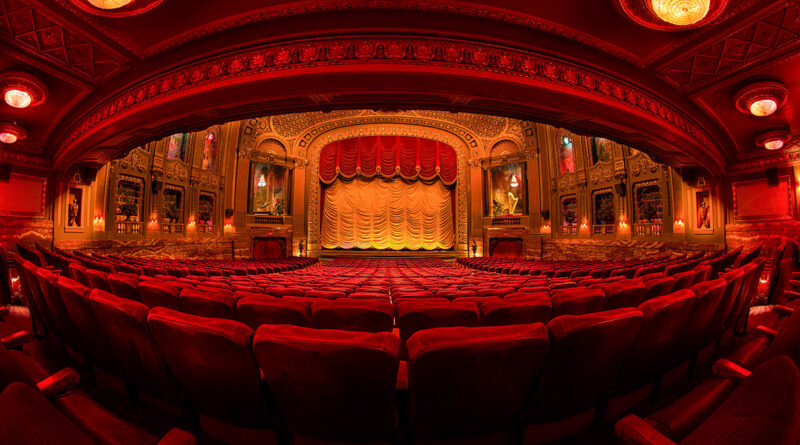Opera and Musicals: What are the differences?
A musical and an opera are both similar styles of musical art forms. If you talk about the best between opera and musicals, both are unique in their creative ways. So it comes down to an individual’s choice of appreciation and enjoyment of the musical art.
Presently, the live performance theatre market size stands at $4.9 billion. Many get confused with both these live theatre shows. If you experienced the same confusion, you are not alone.
Both musicals and operas make use of librettos, meaning the use of text as their base. However, if you ever got the chance to witness an opera, the singing here is continuous. The style of singing is different. The same goes with musicals too.
So, read along to understand better what factors make them distinct from each other.
What is An Opera?
An opera is an age-old concept of storytelling that combines dialogues and classical music. Generally performed in an opera house, this art form conveys a story through music and complex signing.
The opera show is always a live performance wherein the artist portrays the piece backed by an orchestra team.
What is A Musical?
A musical is usually blended with singing, articulating, and conversations. The words and the text used in a musical are the highlights and, of course, the music.
A musical has transformed more into entertainment or a TV show using contemporary music and dialogues in the current world.
Additionally, musicals often have more significant dancing numbers to engage the audience more.
Opera Vs. Musical
So, you may wonder what is the best between opera and musicals? Here are a few parameters of comparison between opera and musical that may help you decide.
Language
Musicals perform in the language known to the audience, and most commonly, it is in English. In addition, even the dialogue, music, and dance numbers are current.
On the other hand, the opera has classical artists singing and narrating the story in an authentic language. So, you may stumble upon opera shows in a broad range of languages like Russian, German, French, etc.
Emphasis and Focus
The emphasis or the intensity of both forms are contrasting.
Operas majorly focus on the singing bit as compared to the performance. The singer is generally a trained classical artist with an unamplified voice with good vibrato. They rarely perform or dance in a live opera theatre.
However, the artist is the singer, performer, and dancer in a musical. The scenes in the musical are usually unwrapped gradually and hence have numerous dance numbers. Therefore, the performer needs to have prowess in both singing and dancing.
Venue
Operas’ classical form of storytelling takes place in an Opera house. They are always performed live alongside a live orchestra.
Musicals are popularly performed on a theatre stage and are not always live. Nowadays, a musical can get telecasted on TV shows and films. Hence, the performance led by a large group is not always live.
Vocal Range
Operas are known to have singers with a particular voice type. It is powerful with a higher vocal range and vibrato. A few of opera’s most standard voice types are Soprano, Tenor, etc.
The singers in a musical have microphones that help their voices stand out in a live crowd.
Wrapping Up
Both operas and musicals are classical music formats renowned across the globe for their rich culture and creative uniqueness.
Though deep-rooted in music, both have significant differences in performance and interpretation of the musical art forms inside out.




